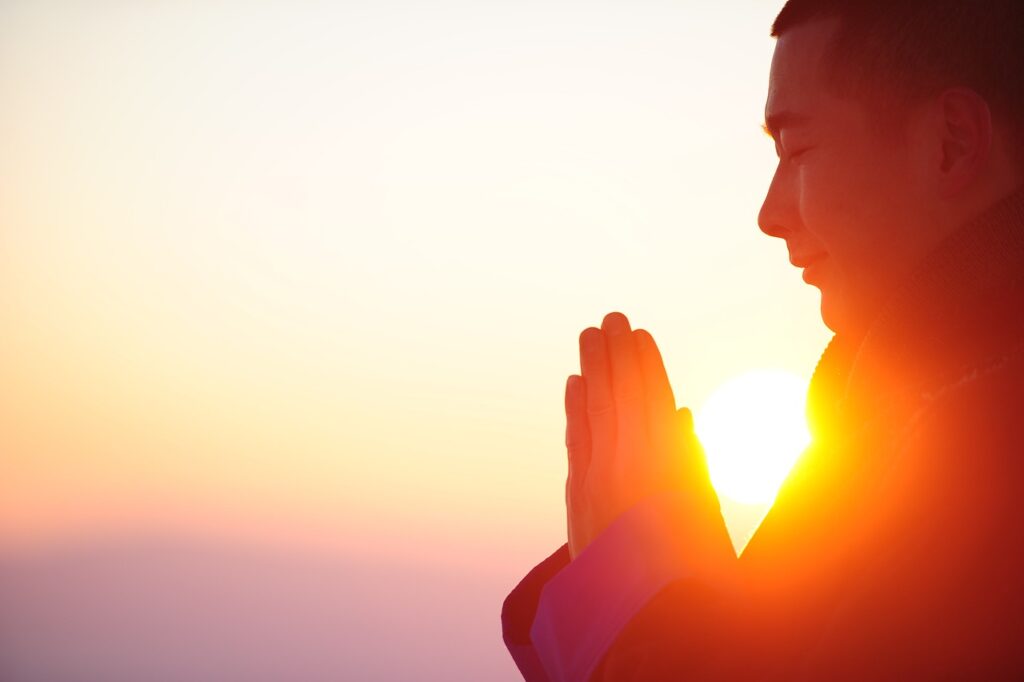As a mental health professional, I am here to help you with some effective coping strategies for managing anxiety, which is a prevalent issue that affects many individuals.
Deep breathing is a straightforward yet powerful practice for calming the mind and body. For instance, the 4-7-8 breathing technique consists of inhaling for four seconds, holding your breath for seven seconds, and exhaling for eight seconds. This approach helps you relax by slowing your breathing rate.
I also encourage regular physical activity as an important coping tool. Jogging, swimming, and cycling release endorphins, which are molecules that create a feeling of well-being. Additionally, exercise can enhance sleep, reduce stress, and boost self-esteem. You can begin by walking daily or attempting a new fitness class.
Meditation, yoga, and progressive muscle relaxation are examples of relaxation techniques that can lower anxiety by fostering a sense of peace and relaxation. For instance, you can utilize guided meditation applications such as Headspace or Calm, or you can attend a yoga class. These strategies help boost self-awareness, improve sleep, and reduce stress.
Mindfulness is a beneficial practice that can assist individuals in managing anxiety by heightening their awareness of their thoughts and emotions. You can develop mindfulness by focusing on your breath or by performing a body scan. Mindfulness encourages individuals to accept their thoughts and emotions without reacting to them by focusing their attention on the current moment without judgment.
Sleep is essential for maintaining mental wellness. Insomnia can heighten anxiety, anger, and mood changes. You can practice good sleep hygiene by establishing a tranquil nighttime ritual, avoiding electronics before bed, and ensuring a peaceful, comfortable resting environment.
Alcohol and caffeine are known to aggravate anxiety symptoms by elevating heart rate, blood pressure, and feelings of agitation. Caffeine restriction and abstinence from alcohol can assist effectively control anxiety. You can experiment with decaffeinated coffee or tea, as well as herbal tea and water flavoured with fruit.
Finally, receiving support from a dependable friend or family member or consulting with a therapist or counselor might help to alleviate anxiety. During difficult circumstances, discussing your emotions with another person can provide support and guidance. You may reach out to a friend for a coffee catch-up or investigate counseling choices like cognitive-behavioral therapy or talk therapy.
In conclusion, anxiety management necessitates a combination of techniques that work best for each individual. I urge my clients to adopt coping mechanisms such as deep breathing, regular exercise, relaxation techniques, mindfulness, adequate sleep, reducing caffeine and alcohol consumption, and seeking social support. Remember that controlling anxiety requires time and perseverance, but with these coping techniques, you may take the initial steps toward achieving good mental health.

